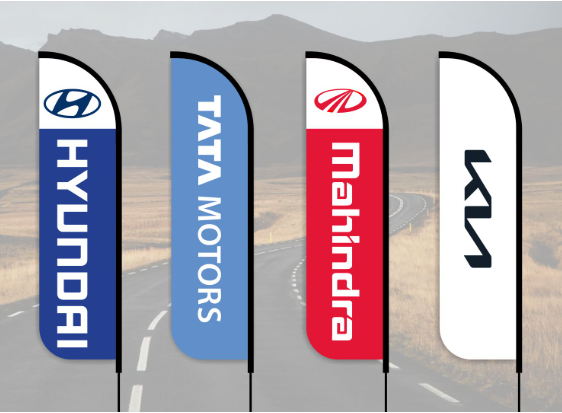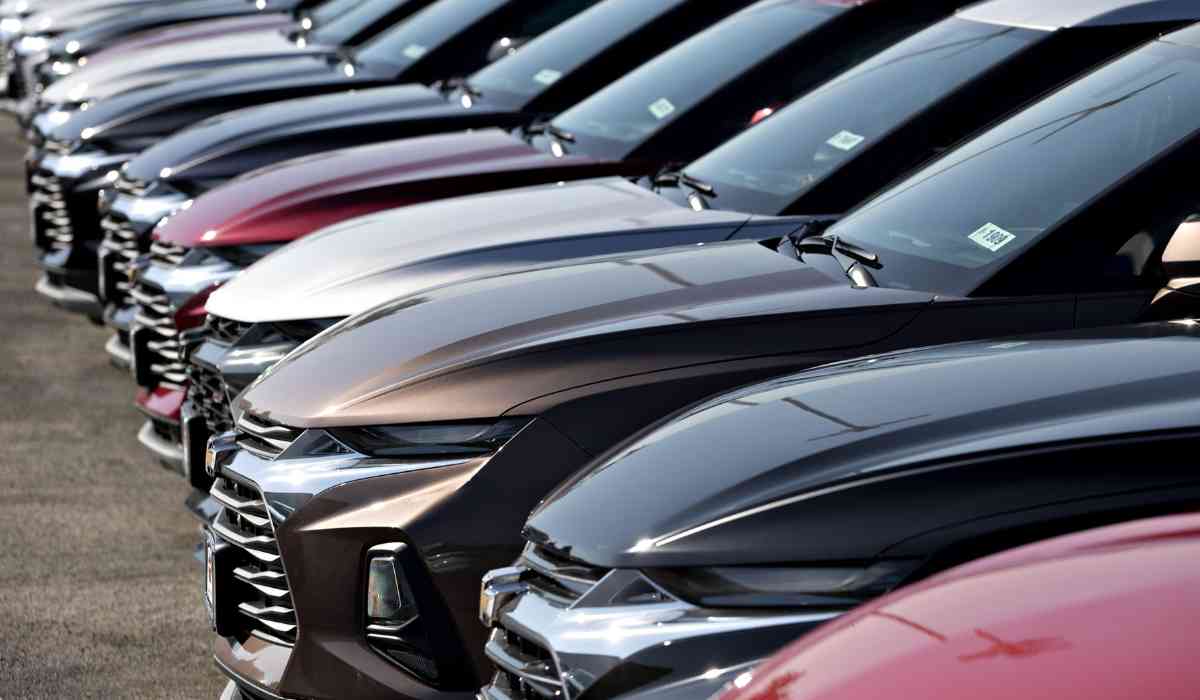The Centre has identified eight leading automobile manufacturers, including Hyundai, Kia, Mahindra, and Honda, for failing to comply with mandated fleet emission standards during the financial year 2022-23. These violations could lead to cumulative penalties amounting to approximately ₹7,300 crore, as reported by The Indian Express.

Hyundai, Mahindra, and Kia Top the Penalty Chart
Among the automakers flagged, Hyundai faces the steepest penalty of over ₹2,800 crore. Mahindra comes next with nearly ₹1,800 crore in fines, followed by Kia at ₹1,300 crore. Other companies found non-compliant include Honda, Renault, Skoda, Nissan, and Force Motors.

Stricter CAFE Norms in FY23
The Corporate Average Fuel Efficiency (CAFE) standards, enforced by the Bureau of Energy Efficiency (BEE) under the Ministry of Power, became more stringent in the financial year 2022-23. Automakers were required to achieve a fuel consumption rate of no more than 4.78 litres per 100 km and cap carbon dioxide emissions at 113 grams per km.

The enhanced norms led to disputes between automakers and the government. Automakers argued that applying the revised penalty framework to the entire financial year was unjust since it came into effect only on January 1, 2023, as per the report.
Penalty Calculation Process
During FY23, 18 automakers underwent testing under simulated driving conditions. The penalties were determined based on the number of non-compliant vehicles sold during the financial year.
While the compliance report for FY21-22 showed that all 19 automakers adhered to CAFE norms, the report for FY22-23 has yet to be released.
Corporate Average Fuel Efficiency norms, introduced in 2017, aim to lower fuel consumption and carbon emissions from passenger vehicles weighing under 3,500 kg. These standards cover vehicles powered by petrol, diesel, LPG, CNG, hybrids, and electric batteries.
The regulations encourage automakers to manufacture energy-efficient and low-emission vehicles, including hybrids and EVs.
Previously, penalties under the Energy Conservation Act, 2001, were capped at ₹10 lakh and included the cost of excess energy consumption. However, amendments in December 2022 introduced stricter fines. Automakers now face fines of ₹25,000 per vehicle for minor deviations and ₹50,000 per vehicle for significant violations, in addition to the ₹10 lakh base fine.
Data Submission and Compliance
Under the compliance framework, automakers must submit fleet emission data to the International Centre for Automotive Technology (ICAT) by May 31 each year. The ICAT forwards this data to the Ministry of Road Transport and Highways and the Ministry of Power by August 31, ensuring transparency and accountability in monitoring compliance.
Also Read: Mahindra XEV 9e Arrives in India with a Price Tag of Rs 21.90 Lakh
With inputs from agencies
Image Source: Multiple agencies
© Copyright 2024. All Rights Reserved Powered by Vygr Media.
























